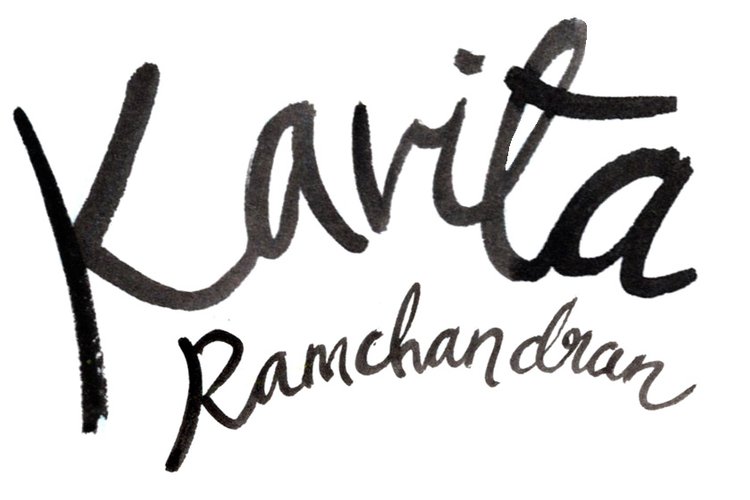Dancing in Thatha’s Footsteps
Words by Srividhya Venkat
Art by Kavita Ramchandran
Age Range: 4-6 years
Format: Hardcover, Paperback, eBook
* WINNER of the 2022 South Asia Book Award For Young Readers*
Page Count: 34 pages
Language: English
ISBN-13: 978-1-949528-90-9 (Hardcover), 978-1-949528-89-3 (Paperback), 978-1-949528-88-6 (eBook)
Release date: June 30, 2021
On Sundays, Varun has his karate lesson, and his sister Varsha heads to dance school with their grandfather. One weekend, Varun reluctantly accompanies his sister to her lesson. Bored of waiting, he peeks into the classroom, and almost immediately, he is fascinated by the rhythm and grace of bharatanatyam, a dance from India that Varsha is learning to perfect. Varun tries a few moves at home in secret because…well, boys don’t dance, do they? His grandfather is not so sure. Will Thatha be able to convince Varun to dance in his footsteps?
TRADE REVIEWS
"This book's charming protagonist and believable plot provide a wonderful opening for conversations about the dangers of strict gender constructs." -- Kirkus Reviews
"A general purchase for most libraries, this is a lyrical message in support of family relationships, resisting peer pressure, and following one's inner call to art." - School Library Journal
Literatures of Liberation: Non-European Universalisms and Democratic Progress (Cognitive Approaches to Culture)
Written by Mukti Lakhi Mangharam
Cover Illustration by Kavita Ramchandran
Format: Hardcover,
Page Count: 266 pages
Language: English
Release date: September 13,, 2017
The postcolonial spread of democratic ideals such as freedom and equality has taken place all over the world despite the widespread cultural differences that would seem to inhibit such change. In her new book, Literatures of Liberation: Non-European Universalisms and Democratic Progress, Mukti Lakhi Mangharam questions how these “universalisms” came to be and suggests that these elements were not solely the result of Europe-based Enlightenment ideals. Instead, they also arose in context-specific forms throughout the world (particularly in the Global South), relatively independently from Enlightenment concepts. These translatable yet distinct cognitive frameworks, or “contextual universalisms,” as she argues, were central to the spread of modern democratic principles in response to the relentless expansion of capital.



